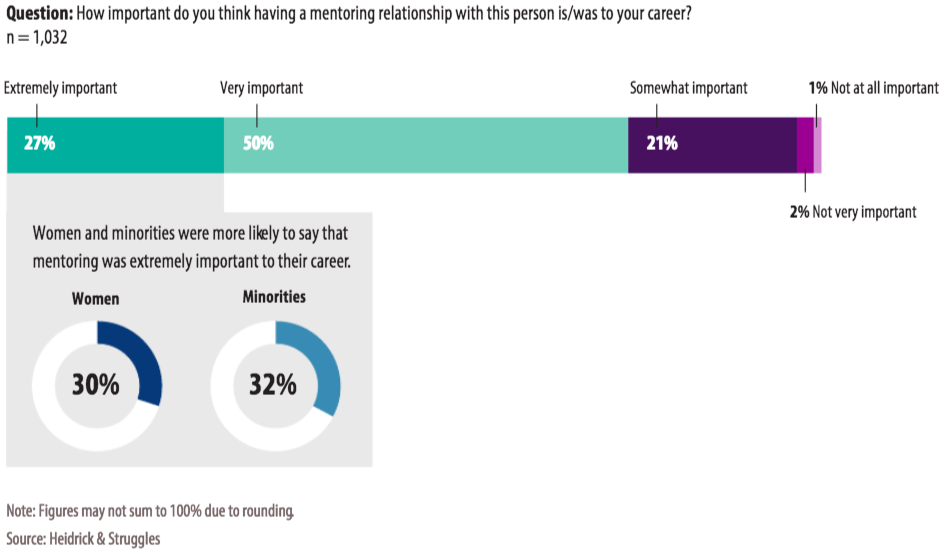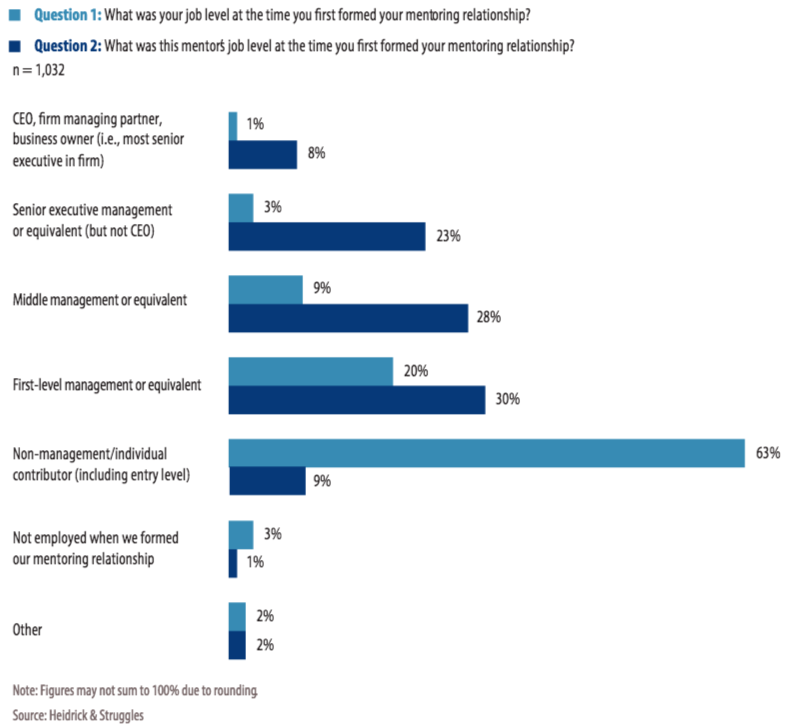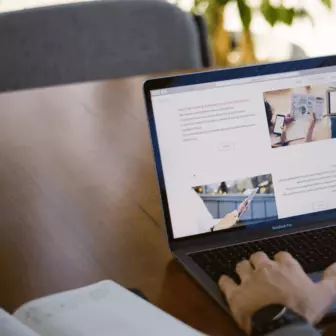“A lot of people have gone further than they thought they could because someone else thought they could.” — Zig Ziglar
Indra Nooyi, one of the most influential thought leaders, has been a part of the leadership group of PepsiCo for decades. But she has also been a willing mentor, says former chairman and CEO of India and South Asia region Shivakumar in PepsiCo. Indra Nooyi, who has herself been a CEO, has been an ideal role model and someone no one wanted to let down, he adds. The PepsiCo India team enjoyed a unique bond with Indra and she was part of every employee’s family stories and made everyone feel special. Such is the significance of the culture of mentorship that can be fruitful for every organisation.

While coaching is task-oriented and emphasises on particular skills (like interpersonal or operational skills) for enhancement, mentoring is relationship-based as the interaction and commitment of mentor and mentee prove to be a great factor in the mentee’s career development process. It extends beyond the workplace to the person’s self-confidence and esteem and both mentor and mentee benefit from the relationship.
Who gets benefitted by mentoring?
Mentorship is generally a positive and impactful experience
A Heidrick & Struggles’s report says that “mentorship is generally a positive and impactful experience - particularly for women and self-described ethnic and racial minorities”. More than 3 in 4 respondents said that they were benefitted by mentoring relationships wherein women and minorities were the most likely ones to have benefitted more than anyone else (see the image below).

While 68% of respondents were not in management while forming a primary mentoring relationship, 88% reported that their mentor was in a management position (as shown below). Moreover, minority respondents, more than anyone from the respondent pool, were more likely form a primary mentoring relationship when they were in middle-management position and not in entry-level or upper management.
Moreover, women placed more value than men on advice related to professional strengths and development opportunities. Also, the respondents who took part in the formal mentoring programs at work were satisfied with the experience.

Strategising ways to develop mentorship culture
People, from the leadership group, in particular, should keep a tab on how they way behave, speak and engage with others. This makes sure that you are demonstrating positive, respectful and solution-oriented approaches.
You need to know when to manage and when to coach a person. There can be times when managing is imperative in situations like navigating a crisis, helping a new employee to speed up his or her work process, or executing a quick-turn deliverable.
It is always the best approach to expect and embrace failure as it can be a great teacher. The primary goal should not always be to push your team members to come out of their comfort zones and attain their goals. As a leader, you should be there to catch them when they fall.
The lines between personal and professional lives are more blurred than ever in this hyper-connected social world. It is important to understand all the forces and pressures that impact the lives of your team members so that you can mentor them in an efficacious way. Suppose if your employee is exhausted with their first baby at home, then you can put them in touch with another colleague who has had a similar experience. Or, some members may passionate about something outside of their existing role. You must identify ways to assist them to hone their interest and skills in that area.
Conclusion
The right mix of mentoring approaches like formal structure and informal, organic connections lends a balancing act. Organisations should remain steadfast in their goals of building a culture of mentorship as an ecosystem for supporting formal structures. A company culture that embraces and promotes mentorship can be wonderful for a formal mentoring program. By uncloaking the potential of mentorship, firms will be well-positioned to attract, build and retain their workforce.
Subscribe
Related Blogs
Why should you prioritize lean digital in your company?

We are living in an era where the change and innovation rate is just so high. If you want your organization to reach new…
How to measure your open source program’s success?

Along with active participation, it is very important to look after the ROI of open-source projects, programs, and…
Understanding the significance of participating in open-source communities

Do you think contributing to the open source community can be difficult? I don’t think so. Do you have to be employed by a…



